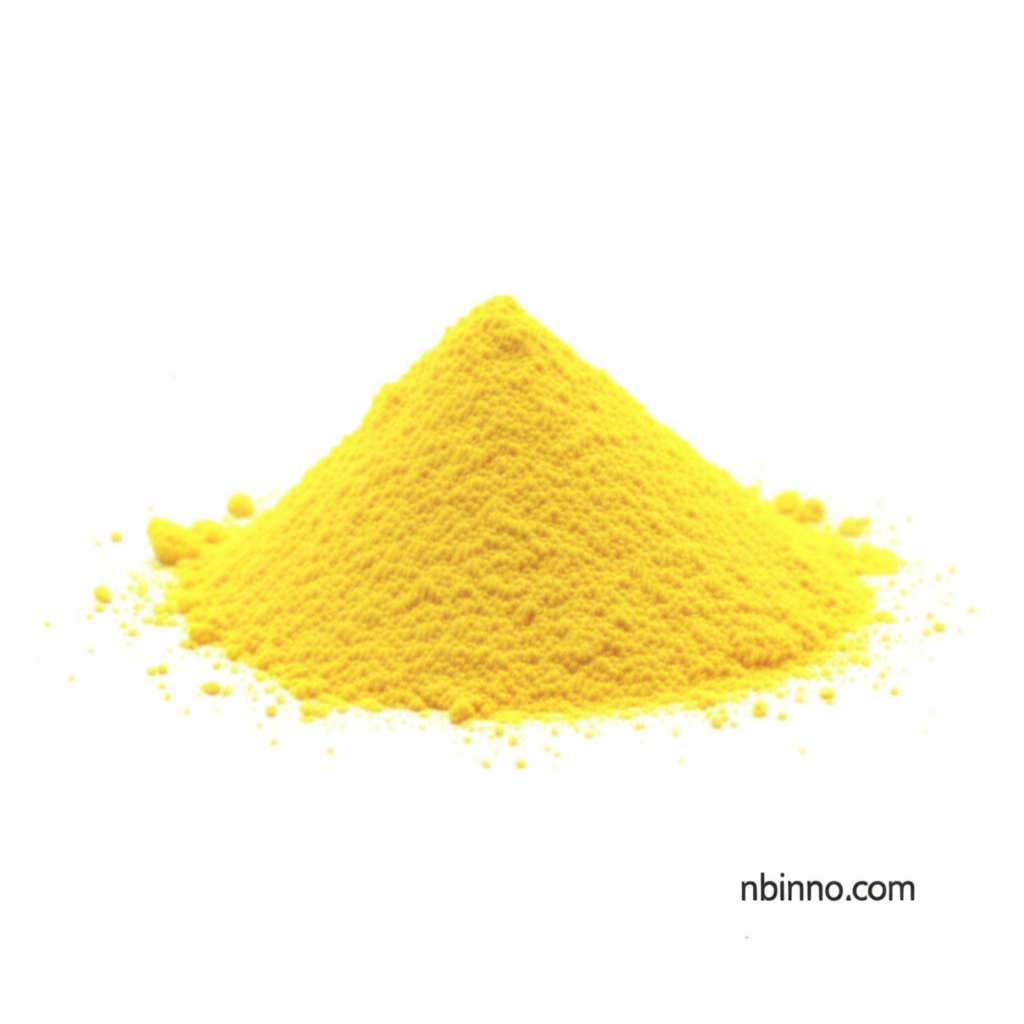Icaritin CAS 118525-40-9: A Potent Flavonoid for Pharmaceutical Research & Development
Discover the exceptional properties of Icaritin (CAS 118525-40-9), a key pharmaceutical intermediate with significant anticancer potential. Sourced and supplied by NINGBO INNO PHARMCHEM CO.,LTD., this natural flavonoid is crucial for innovative drug discovery and advanced R&D projects.
Get a Quote & SampleUnlock Novel Therapeutic Possibilities with Icaritin

Icaritin (CAS 118525-40-9)
As a leading pharmaceutical intermediate manufacturer and supplier in China, NINGBO INNO PHARMCHEM CO.,LTD. offers high-purity Icaritin for your critical research needs. This natural compound, a hydrolytic product of Icariin, exhibits potent anticancer activity by significantly inhibiting the growth of malignant cells. Its application in early-stage research and development is vital for companies seeking advanced pharmaceutical ingredients. Enquire with us today for competitive pricing and reliable supply.
- High-Purity Icaritin (≥98%): Ensure reliable and reproducible research results with our premium grade Icaritin, a critical component for drug discovery.
- Potent Anticancer Properties: Icaritin dramatically inhibits the growth of most malignant cells by blocking the mitochondrial pathway and suppressing caspase-3 activity, making it a key target for research.
- Versatile Solubility Profile: Soluble in DMSO (5mg/mL), facilitating its use in a wide range of experimental setups and formulations for R&D.
- Secure Supply Chain: Partner with a trusted manufacturer and supplier in China for consistent availability and timely delivery of Icaritin for your pharmaceutical projects.
Advantages of Sourcing Icaritin from NINGBO INNO PHARMCHEM CO.,LTD.
Exceptional Purity and Quality
Our Icaritin, with a purity of ≥98%, is meticulously manufactured to meet the stringent demands of pharmaceutical research, ensuring you receive a reliable product for complex experimental designs.
Comprehensive Technical Support
As experienced professionals in pharmaceutical intermediates, we provide detailed technical data and support to help you effectively utilize Icaritin in your R&D efforts, making us your ideal supplier.
Cost-Effective Manufacturing in China
Benefit from our competitive pricing and robust manufacturing capabilities in China. We are committed to offering cost-effective solutions without compromising on the quality or stability of Icaritin supply for your procurement needs.
Key Applications of Icaritin in Research
Anticancer Drug Development
Icaritin is a vital compound for investigating novel anticancer therapies, showing significant efficacy in inhibiting malignant cell proliferation and inducing apoptosis, a key area for pharmaceutical R&D.
Apoptosis Pathway Research
Its ability to block the mitochondrial pathway and suppress caspase-3 activity makes Icaritin an essential tool for scientists studying cell death mechanisms in various disease models.
Metabolite Studies of Natural Products
As a hydrolytic product of Icariin, Icaritin is critical for research into the metabolic pathways and bioactivity of traditional Chinese herbal medicines, supporting the development of new phytopharmaceuticals.
Signal Transduction Pathway Analysis
Icaritin's role in regulating signaling pathways like MAPK/ERK/JNK and JAK2/STAT3/AKT makes it a valuable reagent for understanding cellular communication and identifying new therapeutic targets.
